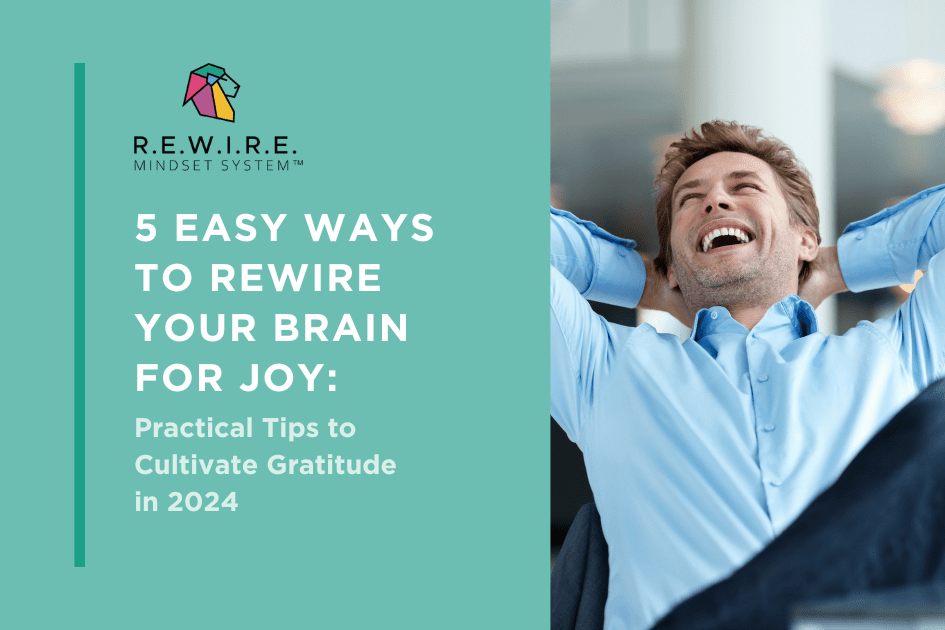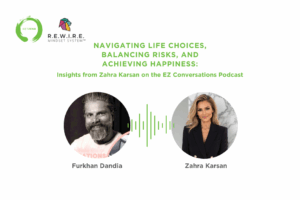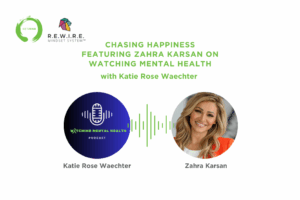In the midst of the daily grind, it’s easy to overlook the transformative power of gratitude.
Studies published by Harvard now show that expressing gratitude has profound effects on our mental and emotional well-being.
But other than remembering to say “thank you!”, what are some practical ways to infuse gratitude (and its powerful benefits!) into everyday life?
It’s All In Your Head: The Neurology of Gratitude
Not a neuroscientist? No worries—fortunately, understanding how gratitude impacts the brain doesn’t require a Phd.
Several studies have revealed that practicing gratitude can have a direct impact on the brain’s structure and function.
One key player is the prefrontal cortex – the brain region associated with decision-making, emotional regulation, and complex thinking.
When we express gratitude, the prefrontal cortex lights up, releasing dopamine and serotonin, neurotransmitters commonly linked to happiness and pleasure.
These “feel-good” chemicals not only lift our mood, but also contribute to a “positive feedback loop”, reinforcing the habit of gratitude.
In simple terms? The next time we have the choice between saying thanks and dismissing kindness, we’re more likely to choose gratitude.
Want to really impress your friends with your braininess?
Gratitude influences the brain’s hypothalamus, a small (but crucial!) part of the brain that regulates stress and anxiety.
By fostering feelings of appreciation, we dampen the production of cortisol—the stress hormone—leading to a calmer, more centered state of mind.
7 Tips to Cultivate Gratefulness
Now that you know the neural underpinnings of gratitude, let’s talk about practical ways you can cultivate gratitude in daily life.
1. Practice Mindful Thanking
In today’s world, it’s easy to overlook the small, everyday moments that bring us joy. Kind actions, like a stranger letting you merge into traffic, are quickly overshadowed by the driver who cut you off a mile down the road.
Engaging in “mindful thanking” teaches our minds to anticipate and relish the good.
Danielle LaPorte famously says, “What you celebrate expands.”
If we think about our attention like brain fertilizer, we’ll begin to move through life with more awareness about what thoughts and behaviors we ‘feed’.
By taking a few moments each day to reflect on the positive experiences you’ve had—whether it’s a delicious meal, a supportive coworker, or a good book–you’ll rewire your brain to consciously acknowledge (and savor) these moments.
2. Create a Gratitude Ritual
Incorporate gratitude into your daily routine by creating a ritual.
This could be as simple as reflecting on what you’re thankful for during your morning coffee or as intentional as incorporating a 20-minute gratitude meditation into your evening routine.
Remember: your brain LOVES patterns.
And because what you do repeatedly becomes easier with each try, consistency is key when rewiring your brain for joy through gratitude.
3. Express Your Gratitude
It’s simple: don’t keep your gratitude to yourself.
Instead of bottling up all your warm, tender feelings, take the time to express appreciation to the people who helped make you feel that way.
It could mean a phone call, returning a favor, or a simple face-to-face acknowledgment the next time you’re together.
In the end, sharing your gratitude not only strengthens your social connections, but also spreads positivity, enhancing your relationships with others.
4. Know Your Life Blocks
Human beings were wired for survival, not happiness.
Thousands of years ago, when our primary goal was to outrun and outsmart wild animals, emotional intelligence wasn’t an important, necessary part of our day-to-day life.
Today, in 2024, it is.
For this reason, understanding your base instincts and psychological wiring is a crucial part of beginning to rewire your mind for happiness.
The Life Block Quiz was created to help you understand how your behaviors and personality can be harnessed for thriving instead of surviving.
Once you master your “why”, you can begin to master the “how” of living in a state of gratefulness.
View Challenges as Opportunities for Growth
Even in incredibly difficult times, there are silver linings.
When faced with challenges, train your brain to find aspects for which you can be grateful.
Now, this shift in perspective doesn’t undermine the difficulty of the situation; but it does allow you to focus on the potential for growth and learning.
By taking time to put your energy ON what you want to see more of, instead of pushing AWAY what you dislike, you can nurture the good and cultivate gratitude—even in dark, uncertain places.
The Ripple Effect of Gratitude
One of the best parts of living a thankful life? The benefits of gratitude extend beyond your individual well-being.
In fact, they ripple through social connections, intimate relationships, and entire communities.
As you cultivate a habit of thankfulness, you become a positive force in the lives of those around you.
Strengthening Social Bonds
Expressing gratitude fosters deeper connections with others.
When you acknowledge and appreciate the contributions of friends, family, and colleagues, you strengthen the bonds that tie you together.
This sense of interconnectedness contributes to a more supportive and harmonious social environment—with joy and positivity flowing at the center of it all.
Cultivating a Positive Workplace
In the professional realm, gratitude has the power to completely transform workplace dynamics.
Acknowledging the efforts of your colleagues not only boosts their morale, but also creates a positive atmosphere that enhances teamwork and productivity.
Inspiring Acts of Kindness
It’s simple: gratitude is contagious.
When you express appreciation, you inspire others to do the same.
The cycle of kindness that develops—sort of like pushing a ball down a hill—generates forward momentum that’s hard to stop once started.
Gratitude creates a positive feedback loop, fostering a culture of gratitude in your immediate surroundings (and beyond).
Conclusion
By understanding the neurology of gratitude and implementing practical, useful tips to cultivate thankfulness in our lives, we not only rewire our brains for happiness—we also contribute to a more positive and interconnected world.
As you commit to a life of increased gratitude, remember: much like a muscle, gratitude is a skill that’s strengthened and refined over time.
Be patient with yourself, celebrate small victories, and embrace the transformation from a life wired for survival into a life rewired for lasting happiness.










